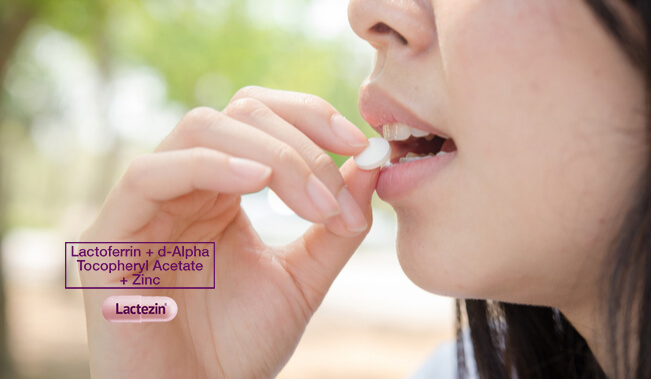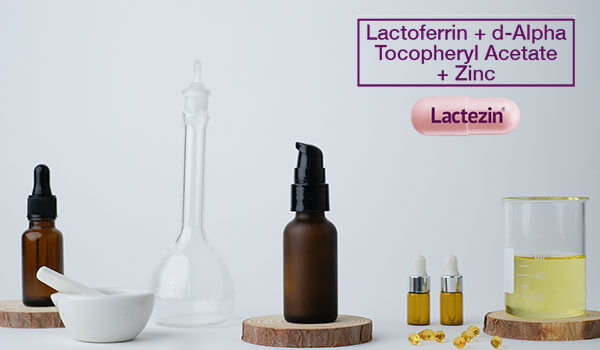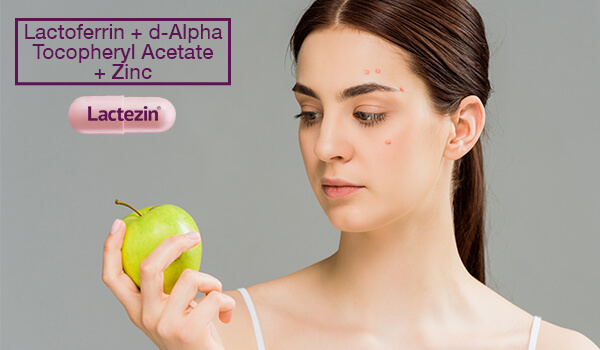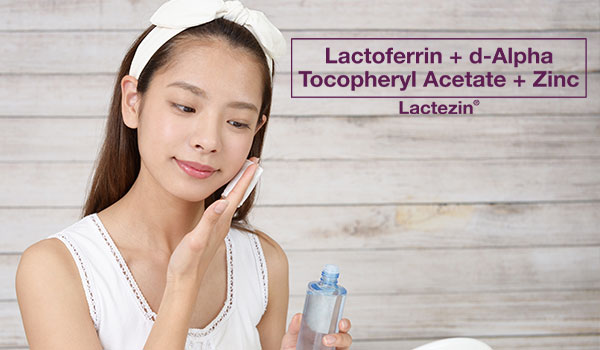The Most Frequently Asked Questions About Oral Antibiotics for Acne, Answered

From serums to chemical exfoliants, retinoids, and derma procedures, one is never short of anti-acne solutions. However, if your acne becomes too painful and hard to treat, going about it with oral antibiotics or prescriptions might be your best bet.
Think you suffer from hard bumps, deep cysts, and sore nodules? Curious about the best oral antibiotic for acne? Below, we answer some of the most frequently asked questions and how you can incorporate it into your treatment plan.
Question # 1
What is the best oral antibiotic for cystic acne?
While acne isn’t considered to be an infection, antibiotics can definitely provide relief. There are a lot of oral antibiotics available on the market, but your dermatologist would most likely prescribe doxycycline and erythromycin which can decrease the amount of P. acnes bacteria on the skin. These two antibiotic types can also calm inflammatory acne, which are those tender red bumps and pus-filled whiteheads. When taken as prescribed, you may see less acne and sometimes even clearing.
Question # 2
How long should I take antibiotics?
Dermatologists usually prescribe antibiotics for the shortest time possible, approximately three to four months as acne takes time to effectively heal.
Question # 3
Are there any side effects?
Yes and they include:
-
Allergy
Although uncommon, allergic reactions to oral antibiotics can range from mild to life-threateningly severe. So contact your doctor immediately if you are experiencing bad reactions. -
Photosensitivity
This is the usual side effect for doxycycline and it can be remedied by taking the medicine after an evening meal to reduce the risk of sunburn. Sunscreen during the day is already a given, of course.
Side note: If you are concerned about the effects of oral antibiotics with oral contraceptives, better advise your dermatologist or OB-GYN about it so they can add a barrier method.
Question # 4
Antibiotics can be expensive. Is there a way for me to shorten the amount of time needed to take it?
Taking it seriously, along with these other tips, will allow you to get the most out of your antibiotic medication in the shortest time possible.
-
Use all of the prescribed products in your treatment plan
Your dermatologist may prescribe a topical skincare plan that includes benzoyl peroxide or adapalene gel along with your meds as acne requires the utmost gentle care. Don’t be tempted to deviate from this as scrubbing and using harsh ingredients can make your acne worse.With this, your dermatologist may also prescribe other anti-acne medicine along with the antibiotic. This is because antibiotics can rapidly lose its ability to fight acne when taken alone. If this happens, the P. acnes bacteria can continue to grow and you can develop a condition known as antibiotic resistance.
-
Don’t ditch the follow-up appointments with your derma
Follow-up appointments will allow your dermatologist to check if the prescribed treatment is working. Because everyone’s skin is different. Some oral antibiotics for acne may work for some, but not you. -
Follow the maintenance plan
Your derma may recommend a maintenance treatment after your skin clears. Following this will help keep your skin clear, plus reduce the need for stronger acne medicine like antibiotics.
Question # 5
When should I see a dermatologist?
Often, individuals who are plagued with acne are shy about their predicament, no matter how common the skin issue is with teenagers and grown-ups alike. But if you find yourself skipping family functions or turning off the camera during virtual catch-ups with friends, then it’s time to see a dermatologist who can help and prescribe the meds you need quickly.
After all, the consequences left by untreated acne are more than skin deep—in fact, a conducted study revealed that acne sufferers go through the same social, psychological, and emotional problems as those with chronic health problems, such as epilepsy, diabetes, and arthritis.
Question # 6
My topical skincare products are not working. Is this normal?
As mentioned, everyone’s skin situation is different. Mild to moderate acne usually goes away with consistent and proper use of topical solutions. That or you might be using the wrong products for your breakouts in the first place. But more severe cases of acne may require more than just pahid. So if your dermatologist prescribes an oral solution, make sure to take it religiously.
Question # 7
Aside from antibiotics, are there other oral anti-acne supplements I can take?
Yes, over-the-counter anti-acne medications like Lactoferrin + d-Alpha Tocopheryl Acetate + Zinc (Lactezin) can help lessen pimples and give clear skin in as early as 2 weeks.
It contains an iron-binding protein called Lactoferrin that helps fight pimple-causing bacteria and reduce sebum and inflammation. It also has Vitamin E that helps fight free radical skin damage and Zinc which has oil-regulating properties to help improve skin appearance.
Lactoferrin + d-Alpha Tocopheryl Acetate + Zinc (Lactezin) is available in all leading drugstores nationwide. You may also purchase online through Lazada and Shopee.
SOURCES:
https://dermnetnz.org/topics/antibiotics-for-acne/
https://www.aad.org/public/diseases/acne/derm-treat/antibiotics
https://www.webmd.com/skin-problems-and-treatments/acne/features/see-a-doctor


